The National Institute of Hygiene and Epidemiology (NIHE), formerly the Vietnam Institute of Microbiology, was established in 1945. The Institute has researched and produced vaccines to prevent smallpox, cholera, dysentery, typhoid fever and biochemicals to treat wounds; research and production of vaccines and biological products were carried out in conditions of shortage in all aspects, but product quality was still guaranteed.
In 1952, the Institute researched and produced a rabies vaccine using calf brain, which was as effective as other rabies vaccines. The Institute also cultured leprosy bacteria to serve research on leprosy.
During the development process, the Institute has researched and produced many biological products for epidemic prevention and treatment, contributing to epidemic suppression (dysentery suppression during the war), eradicating and preventing dangerous infectious diseases: polio, tetanus, measles, Japanese encephalitis B, hepatitis B... Researching and isolating pathogens, contributing to the research and development of vaccines against influenza, respiratory diseases... The national expanded immunization program implemented by the Institute has helped millions of children prevent and avoid diseases and sequelae...
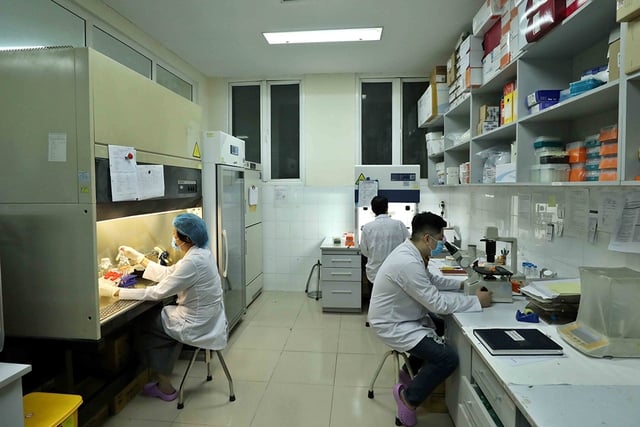
From 2015 to 2025, the National Institute of Hygiene and Epidemiology successfully conducted many clinical trials and new vaccines.
PHOTO: VNA
From 2016 to present, the Institute has presided over nearly 30 State-level research projects on emerging and re-emerging infectious diseases; antibiotic resistance; advanced biotechnologies, development of advanced diagnostic biological products such as biosensor kits, DNA chips for diagnosing drug-resistant tuberculosis; assessment of antibiotic resistance and pathogen dissemination in the environment; research on sexually transmitted diseases, non-communicable diseases, contributing more comprehensively to public health care. Many scientific studies have been published internationally.
In particular, from 2015 to 2025, the Institute successfully conducted 23 clinical trials and new vaccines, thanks to which many products were licensed in Vietnam, increasing access opportunities for the community.
In the coming period, the Institute aims to further expand cooperation with international organizations, leading universities and research institutes in the world, participate in global innovation and digital transformation networks, affirming itself as a reliable partner in research and disease response; promote technology transfer, commercialize research products from vaccines, diagnostic biological products to digital medical solutions to bring scientific achievements into practice as quickly and effectively as possible.
Source: https://thanhnien.vn/vien-ve-sinh-dich-te-tu-nghien-cuu-ve-benh-truyen-nhiem-moi-noi-va-tai-noi-185251003180623537.htm




![[Photo] Bustling Mid-Autumn Festival at the Museum of Ethnology](https://vphoto.vietnam.vn/thumb/1200x675/vietnam/resource/IMAGE/2025/10/4/da8d5927734d4ca58e3eced14bc435a3)
![[Photo] Solemn opening of the 8th Congress of the Central Public Security Party Committee, term 2025-2030](https://vphoto.vietnam.vn/thumb/1200x675/vietnam/resource/IMAGE/2025/10/4/f3b00fb779f44979809441a4dac5c7df)
![[Photo] General Secretary To Lam attends the 8th Congress of the Central Public Security Party Committee](https://vphoto.vietnam.vn/thumb/1200x675/vietnam/resource/IMAGE/2025/10/4/79fadf490f674dc483794f2d955f6045)

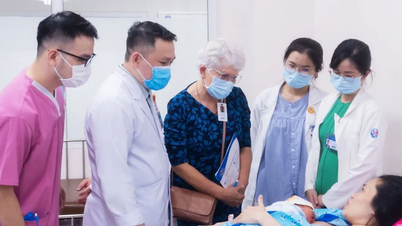











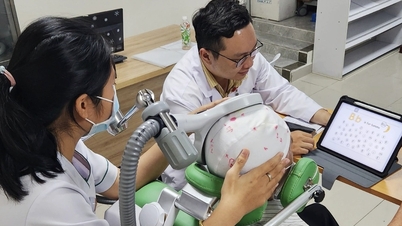



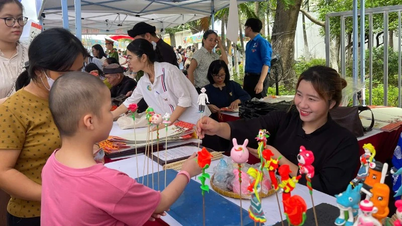






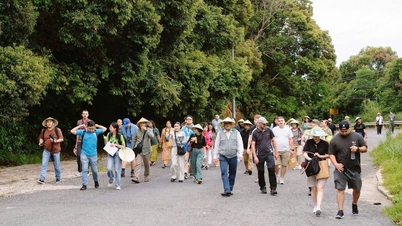



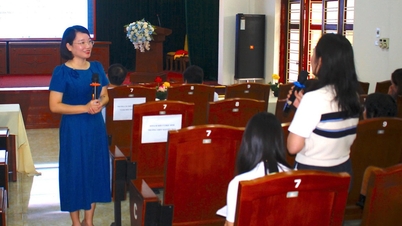



























![[VIDEO] Summary of Petrovietnam's 50th Anniversary Ceremony](https://vphoto.vietnam.vn/thumb/402x226/vietnam/resource/IMAGE/2025/10/4/abe133bdb8114793a16d4fe3e5bd0f12)
![[VIDEO] GENERAL SECRETARY TO LAM AWARDS PETROVIETNAM 8 GOLDEN WORDS: "PIONEER - EXCELLENT - SUSTAINABLE - GLOBAL"](https://vphoto.vietnam.vn/thumb/402x226/vietnam/resource/IMAGE/2025/7/23/c2fdb48863e846cfa9fb8e6ea9cf44e7)









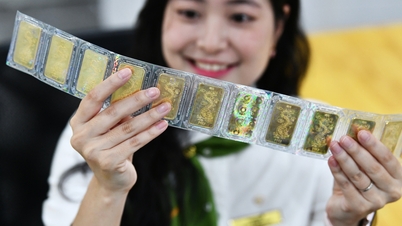









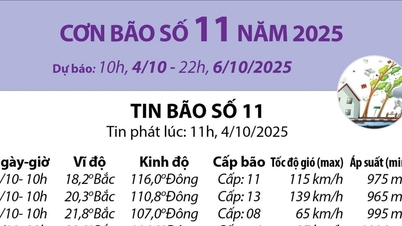













Comment (0)